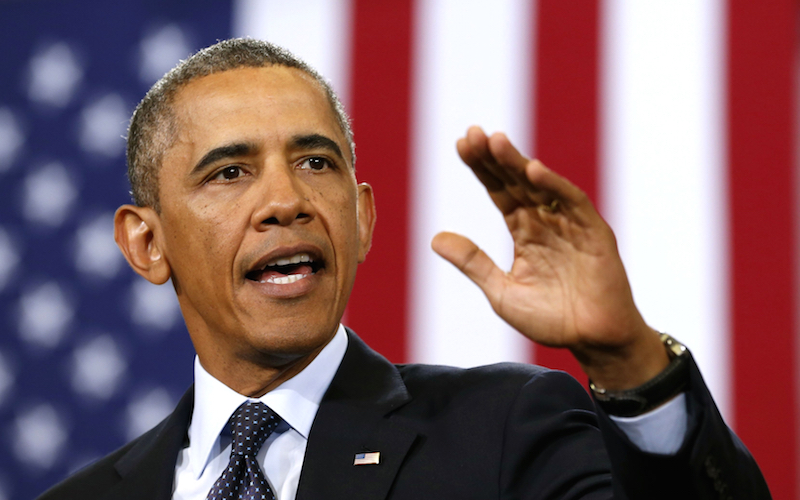
America Needs a New Approach
America is having a tough time finding its footing – not only in the Middle East, but in much of the rest of the world. It almost feels like the U.S. has become a developing nation, at least on the global stage. We live in a G-zero world alright, but that hasn’t stopped China and Russia from getting into the ring and scoring some significant points, while the U.S. appears not to have even gotten out of its chair. Is this because Mr. Obama is in the White House, or is it rather because, as a nation, the U.S. is having trouble adjusting to a world that is quite happy to move forward without it?
Political pundits on the left are fond of saying that the U.S. can’t be the world’s policeman, fight in every war or right every wrong. Pundits on the right maintain that if not the U.S., then who, and that it is precisely because the U.S. is not intervening with greater frequency that it is barreling more and more toward global irrelevancy. Both sides are missing the point. It matters less now what the U.S. does, or doesn’t do, because of the multilateral nature of the global system, the rise of the largest emerging nations, and that so many other powers are flexing their muscles at the same time.
We should come to the realization that our moment in the sun was glorious, and it is slowly ending. Last century was the American century. This century is China’s, and that of the other great emerging powers.
We don’t have endless resources, or the political fortitude to jump into the pit with every rogue state or terrorist group. And we don’t want to have to be thought of as the only place to turn to in times of crisis. One of the benefits of sharing the stage is that other countries participate in the tough choices and pay their fare share of the costs.
China is doing so with greater gusto. It is devoting more of its GDP to foreign aid and participating in more UN missions. Russia has obviously stepped up to the plate in Syria. And the BRICS countries have created their own development bank. Each of these actions are being taken with their own, somewhat self-serving, motivations, but, how else would they be done? The important point is that there is no single country fighting every battle and bearing every burden.
America’s challenge, going forward, is to find a way to embrace the reality that we have passed our tipping point in terms of power and influence, and adapt to the new normal. That new normal is multilateral in nature, and by definition includes nations the U.S. would rather not have to deal with. But the sands beneath the platform all the leading nations are standing on are constantly shifting, which requires that they all adopt of more nimble and thoughtful posture toward dealing with the plethora of the world’s problems, and with each other.
It seems clear that, with few possible exceptions, whoever wins the U.S. presidency next year is likely to have a less thoughtful or cautious approach to foreign affairs. He or she should realize that, now, interventionism comes with particularly high costs, and a less likely chance of success. Many presidents have received bad advice in the past, but few have had the wisdom to ignore such advice and fully consider the consequences before acting. That quality is needed now more than ever.
What America and its leaders need is a new approach to thinking about the world. We need to be willing to draw red lines and act on them, but we need to think carefully about what those red lines are before drawing them. We need reliable allies, capable of following through on their commitments, but we need to follow through on our own. We need to do our fair share when it comes to refugees and humanitarian challenges. We need to maintain an open mind about possibilities. And we need to consider new ways to achieve clear cut alliances with long-term benefits. Telling the rest of the world the way it will be is not the way to achieve that.
This article was originally posted in The Huffington Post.

